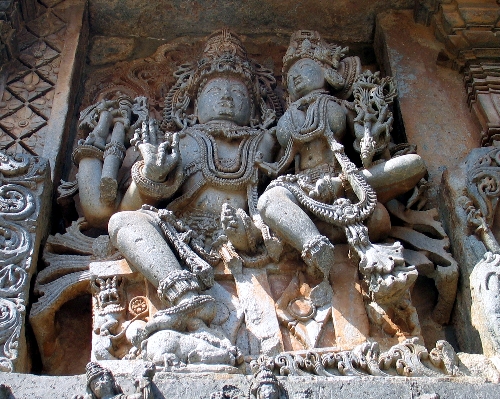 Do you believe in unicorns? I’m guessing not. But how do you know that unicorns are fiction? Or leprechauns? How do you know that aliens from distant planets aren’t on earth, dissecting cows and probing humans?
Do you believe in unicorns? I’m guessing not. But how do you know that unicorns are fiction? Or leprechauns? How do you know that aliens from distant planets aren’t on earth, dissecting cows and probing humans?
Of course, we don’t know with certainty. But that is where the evidence points, which is our best alternative.
Suppose someone makes a claim. You don’t believe it, but you’re willing to listen to the argument. There are three possible outcomes at the end of this discussion:
- Right. The other person is right, and you change your mind.
- Wrong. Nope—you’re still right. You’ve heard nothing new, and this conversation might as well not even have happened for the effect it had on you.
- Middle Ground. You’re not convinced, but you’ve now heard evidence that you can’t simply dismiss.
Let’s consider another area of argumentation, the courtroom. Legal cases don’t end in ties. There are only two options—guilty or not guilty. The law handles option 3, the domain of some evidence but not enough to be compelling, by giving it to the defendant.
Suppose the prosecuting attorney and defense attorney did nothing more constructive than use their time to talk about favorite movies. The arguments are equally bad. Does the judge declare a tie? No—the prosecution didn’t uphold its burden of proof, so the defense wins.
When someone shows you evidence for unicorns (perhaps references to unicorns in historical documents), you might agree that it is evidence but not sufficient evidence to convince you. The other person didn’t uphold the burden of proof.
On a related issue, if you say, “unicorns exist” and I respond, “No, unicorns don’t exist,” then I have now made a claim that I need to defend. If I make no such claim, the burden of proof remains yours.
Greg Kokul and his Stand to Reason blog say that it’s a “ploy” for the atheist to put the burden of proof on the Christian who claims that God exists. The atheist isn’t playing fair.
Nope, “God exists” is a claim. In fact, the claim that a supernatural being exists and created the universe is about the boldest claim possible. If you make that claim, you shoulder the burden of proof. If the evidence you provide isn’t compelling, I’m logically obliged to reject your claim.
Photo credit: stock.xchng

 In a
In a 
